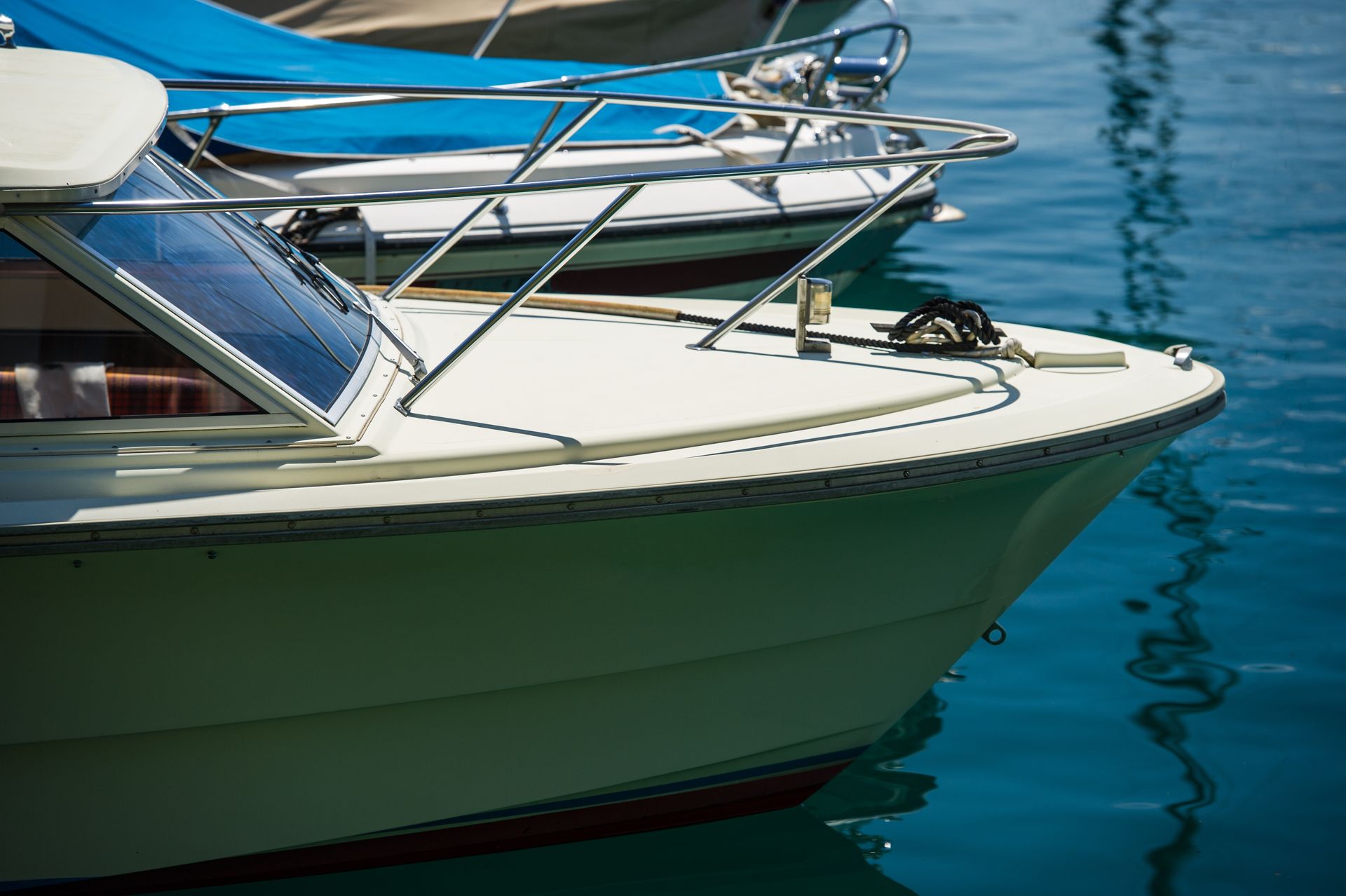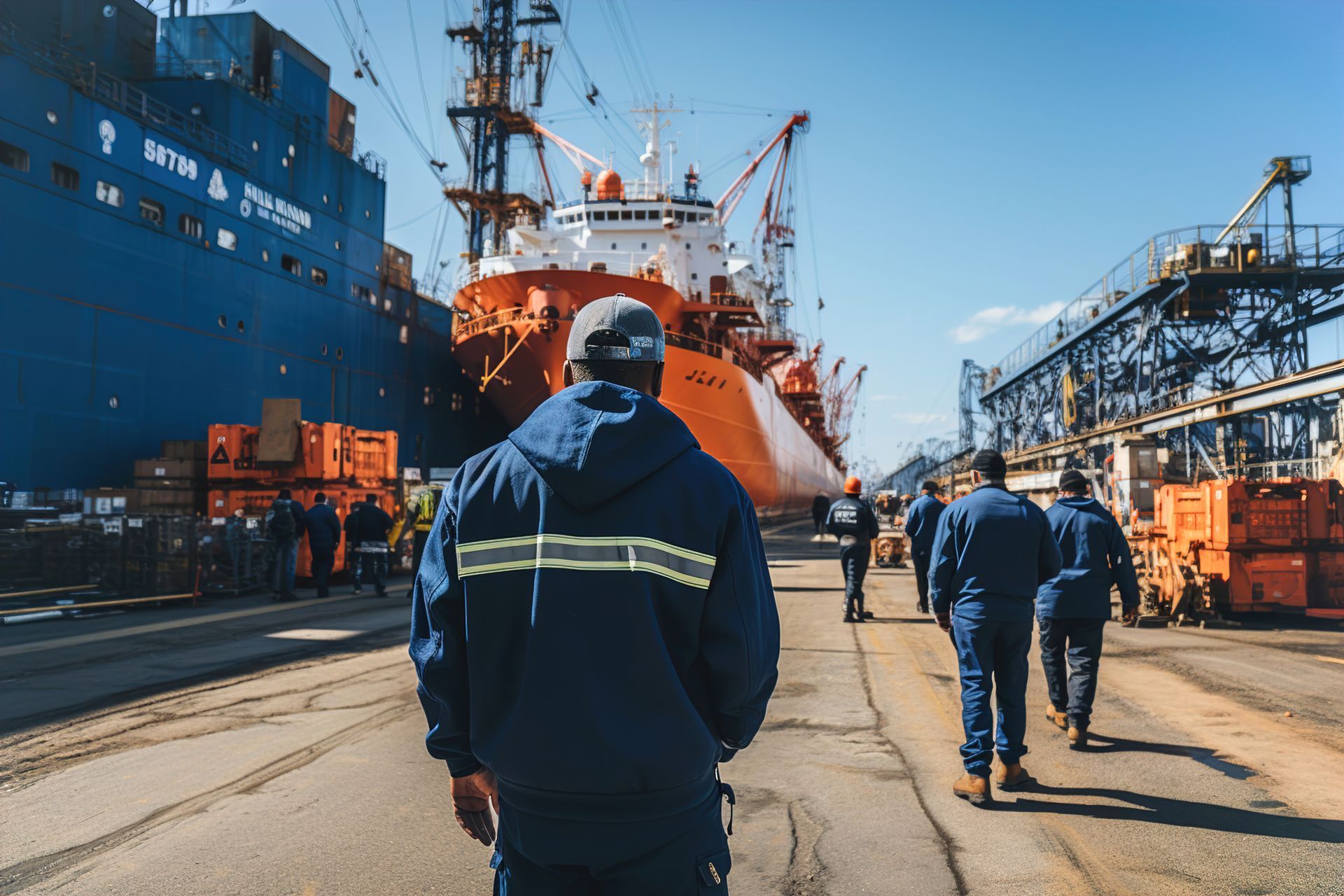What Is Maritime Law? A Guide for Vessel Owners in Michigan
What Is Maritime Law? A Guide for Vessel Owners in Michigan
Operating a vessel on Michigan’s inland lakes, rivers, or the Great Lakes offers incredible opportunities—but also legal responsibilities. Whether you're a recreational boater, charter operator, or commercial vessel owner, understanding maritime law is key to protecting your investment and staying compliant with federal and international regulations.
At Biggs & Gunst P.C., we combine years of legal practice with firsthand maritime knowledge to help vessel owners navigate these complex rules with confidence.
Understanding Maritime (Admiralty) Law
Maritime law—also called admiralty law—is a body of laws governing navigation, commerce, and conduct on navigable waters. While often associated with ocean shipping, maritime law also applies to large inland waterways, including the Great Lakes and many of Michigan’s rivers and harbors.
This area of law covers a wide range of topics, including:
- Vessel registration and documentation
- Boating and shipping accidents
- Maritime contracts and disputes
- Cargo transport and shipping regulations
- Crew member injuries and employment law
- Marine insurance claims
- Salvage and towing rights
Does Maritime Law Apply to Michigan Vessel Owners?
Yes. Although Michigan is not a coastal state, the Great Lakes and many of its navigable rivers fall under the jurisdiction of federal maritime law. If your vessel operates on Lake Michigan, Lake Huron, or navigable tributaries, you are subject to admiralty law.
Even recreational boaters in Michigan may find themselves affected by maritime rules—especially when it comes to insurance claims, charter operations, or accidents that involve injury or property damage.
Key Legal Issues Vessel Owners Should Know
1. Vessel Documentation vs. State Registration
Vessels used for commercial purposes or that cross state lines may require documentation through the U.S. Coast Guard. This differs from standard state registration and comes with its own compliance requirements.
2. Liability in Boating Accidents
Under maritime law, liability for injuries, collisions, or environmental damage can be significantly different than under state law. Boat owners must understand their legal duties and how to properly document incidents.
3. Crew and Passenger Safety
Employers and operators have obligations to provide a safe vessel and properly trained crew. Failing to meet these standards can result in claims under laws such as the Jones Act or general maritime liability principles.
4. Salvage and Towage Rights
If your vessel is towed or assisted on navigable waters, maritime law governs the rights and potential claims between parties. These scenarios often require an understanding of historic admiralty principles.
Why Boaters Turn to Biggs & Gunst P.C.
Our attorneys are more than just legal advisors—they’re also experienced mariners. This unique background allows us to understand the real-world challenges that vessel owners face, from mechanical breakdowns to regulatory inspections. Whether you’re docking at a private marina or managing a charter fleet, we help ensure your operations run smoothly—and legally.
We provide guidance on:
- Drafting charter and crew agreements
- Responding to regulatory issues or Coast Guard inquiries
- Defending against liability claims
- Advising on ownership and registration strategies
Legal Guidance for Michigan’s Boating Community
Whether you operate on Lake Michigan, the Detroit River, or one of the many inland waterways throughout the state, maritime law likely touches some part of your operation. Understanding your responsibilities and rights under admiralty law isn’t just for major shipping companies—it’s essential for every boat owner who values their time on the water.
At Biggs & Gunst P.C., we’re proud to serve Michigan’s boating and marine industries with in-depth legal support rooted in real-world experience.











